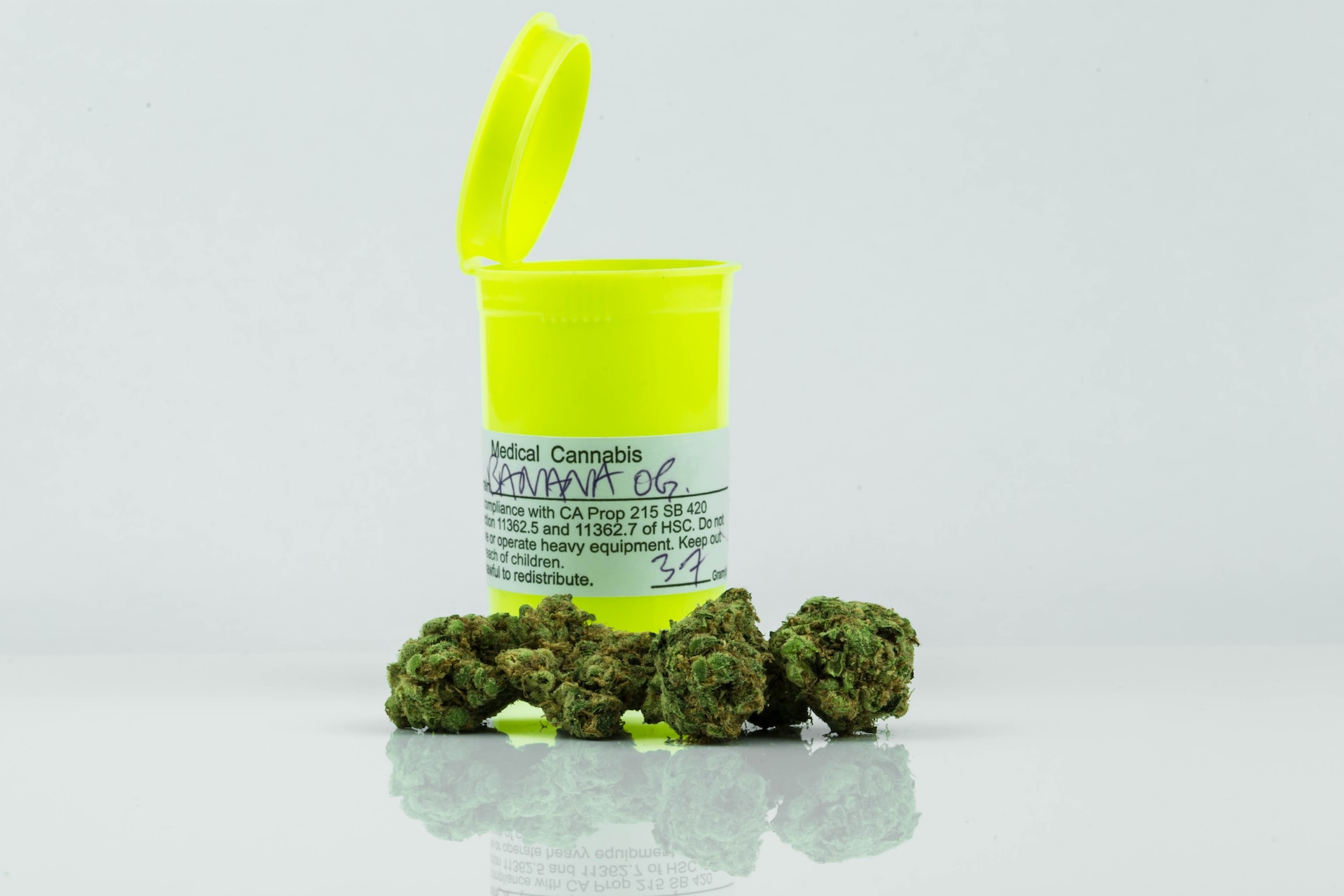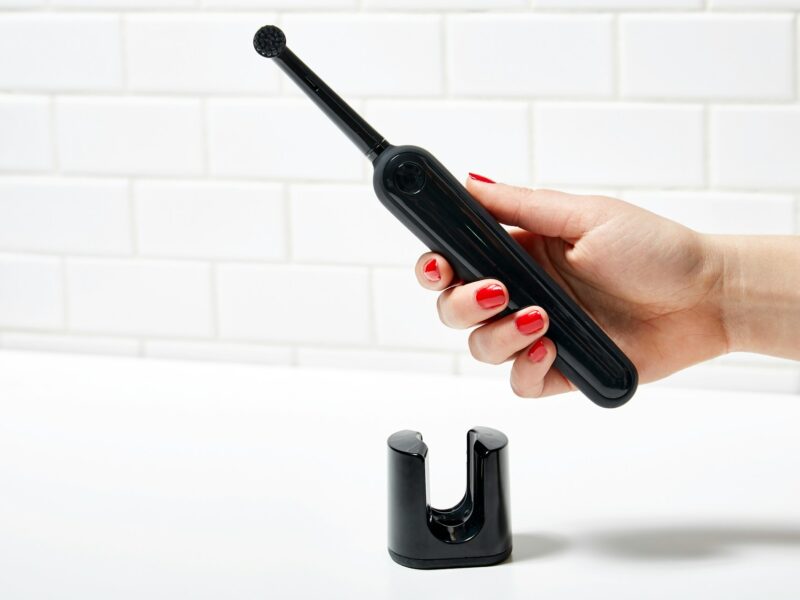Medical marijuana is a plant that has been used since ancient times for therapeutic purposes. It is currently a popular herbal remedy for several conditions and symptoms.
Our pharmacist expert discusses some crucial facts about medicinal cannabis, also known as marijuana. This information is especially relevant for people considering marijuana as a treatment option.
Contents
What Is Medical Marijuana?
Cannabis contains chemicals called cannabinoids, which act on receptors in the brain to affect things like mood, pain, and appetite. Research shows that marijuana can help alleviate symptoms such as chronic pain, glaucoma, and multiple sclerosis. It also can be used as a form of smoking cessation for those with bronchitis or other lung diseases.
However, because the FDA has not approved marijuana as a medicine, it is illegal to use as prescribed by a physician (even in states where it’s legal). Instead, physicians can recommend medical marijuana for patients with debilitating medical conditions.
In states where medical marijuana is legal, patients can buy the same types of products available to recreational users, including smokable and non-smoked forms. But unlike prescription medicines, the FDA does not regulate medical marijuana, so quality varies.
Although there is little evidence that marijuana is a safe and effective medicine for most conditions, some people report improving their symptoms and overall health with its use. These benefits can include symptom relief and reductions in the amount of other medications they take.
In New York, anyone with a qualifying condition and a health care provider who can legally prescribe controlled substances may certify them for medical marijuana. This certification includes a registry ID that can be used with a photo ID to purchase medical marijuana at a dispensary.
How Do I Get a Medical Marijuana Recommendation?
The process to get medical marijuana differs by state, but most require a doctor’s approval and a patient card. Some states have a list of qualifying conditions; others let doctors choose which symptoms will benefit from treatment with cannabis.
To qualify for medical marijuana in Iowa recommendation, your physician must assess the severity of your symptoms and determine whether they interfere with daily life. Symptoms suitable for cannabis include pain, nausea, or loss of appetite.
It is also essential to follow the dosages prescribed by your doctor. Using too much or too little can be unsafe and not practical. Medical marijuana can be purchased from a licensed dispensary, which has been grown under stringent conditions. It is more reliable than street drugs, as the chemical composition of medical marijuana can be verified, and patients are more likely to get the correct dosage every time.
In addition, patients who use medical marijuana are less likely to become addicted to it than people who take prescription opioids. Many primary care physicians are familiar with medical cannabis and can refer you to a practitioner the state has approved to recommend it. In New York, for example, only registered practitioners can issue a patient certification and a card to be taken to a dispensary.
How Do I Get a Medical Marijuana ID Card?
To use medical marijuana legally, you need a physician’s patient certification or medical marijuana card. Each state’s program has its criteria, but most require that you be a resident and meet other requirements. Visit your state’s health department website to find out more.
Medicinal marijuana isn’t as potent as opioids for pain relief but can relieve chronic aches and pains related to aging or illness. It can also reduce nausea and vomiting caused by chemotherapy or the loss of appetite in HIV/AIDS patients.
It’s essential to choose a dispensary that cultivates its products. This ensures that the final product meets New York’s high-quality standards. In addition, the dispensary must adhere to all state regulations regarding labeling and security.
A registered marijuana doctor can help you understand the various strains and products available for your condition. They will explain the benefits and risks of medicinal cannabis. Your registered marijuana doctor will then recommend a treatment plan to address your symptoms.
If you have a qualified doctor’s recommendation, you can register with the New York State Department of Health online at the Medical Marijuana Registry. The registration process is quick and easy; you can start in just a few minutes. A patient ID costs $50, but you may be eligible for fee reductions if you participate in assistance programs like Medicaid and WIC.
Where Can I Buy Medical Marijuana?
In states where marijuana is legal for medical purposes, patients with a doctor’s recommendation can purchase products at a dispensary. To qualify, you must enroll in your state’s program, and your physician must prescribe the type of cannabis product and dosage recommended for your condition.
Medical marijuana treats many conditions, including nausea and vomiting from cancer treatments, epilepsy, neuropathic pain, spasticity related to multiple sclerosis, and AIDS wasting syndrome. It may also help reduce anxiety, depression, and PTSD, as well as symptoms of fibromyalgia, MS, and other autoimmune diseases. It can also lower pressure inside the eye, a problem for glaucoma patients.
Patients should always follow their doctor’s prescribed dosages for cannabis, as this is medicine. They should also inform their doctors if they experience side effects like dizziness, hallucinations, dry mouth and eyes, sleepiness, or loss of coordination. Patients who have a history of psychosis should avoid marijuana altogether, and those who are taking medicines that affect the way the liver works should be careful about using it too.
The good news for New Yorkers is that more and more dispensaries are opening in the city every month. You can now get your medical ID card online in minutes with NuggMD and find a dispensary near you to start buying cannabis.


